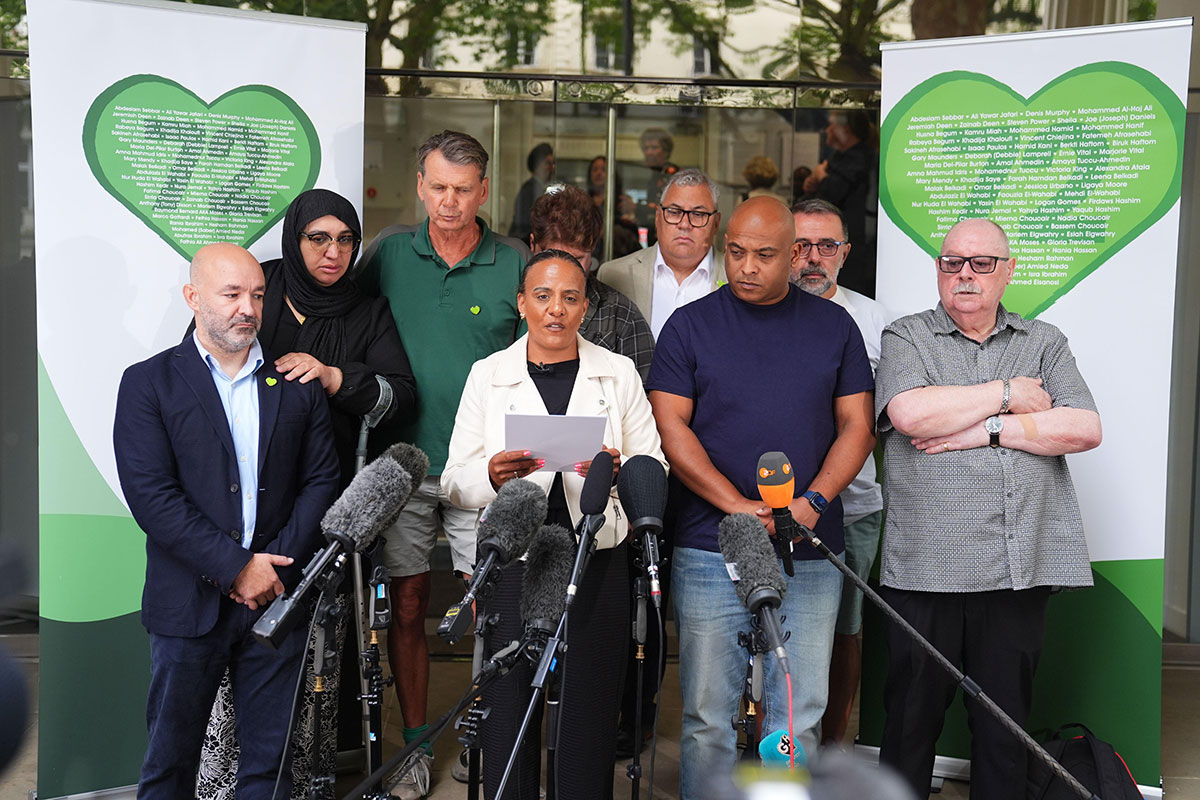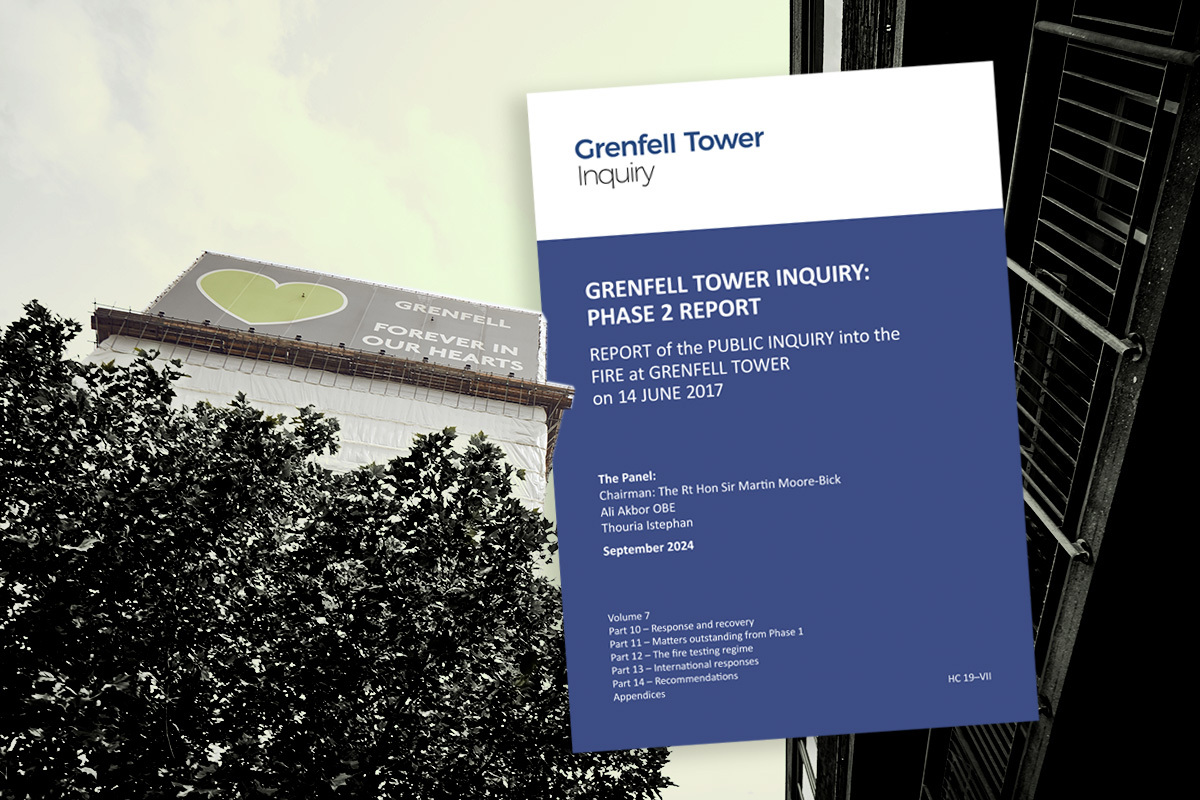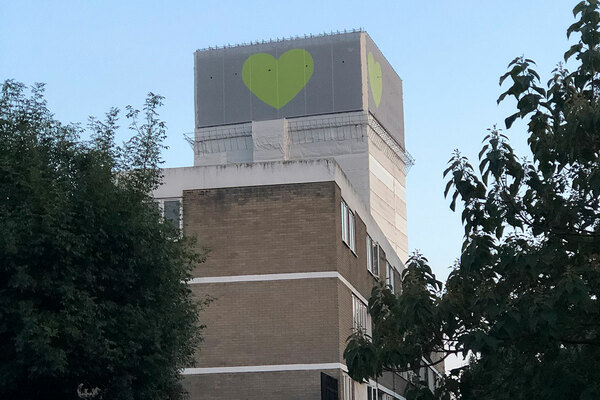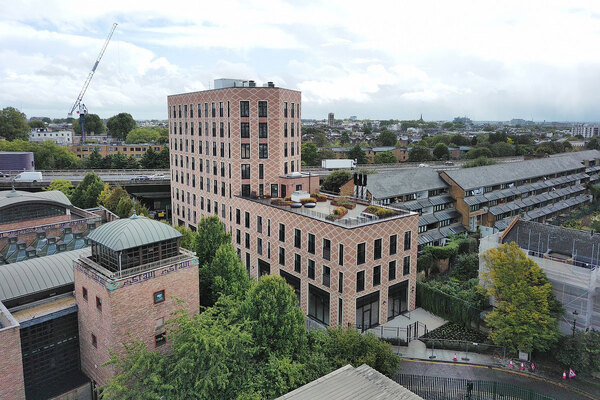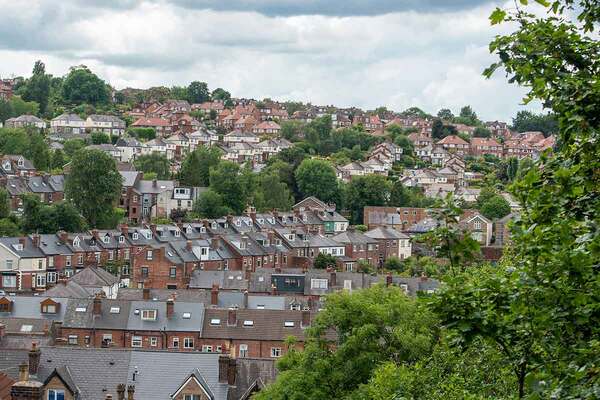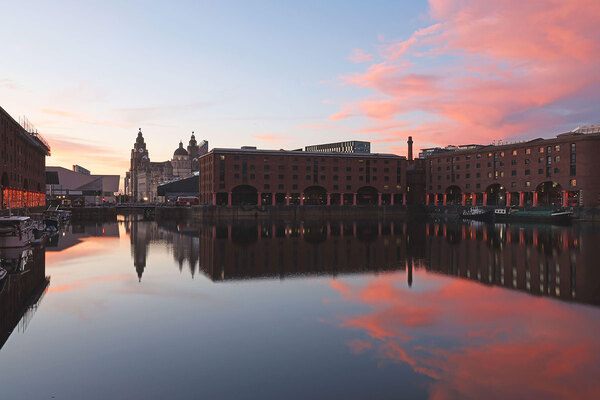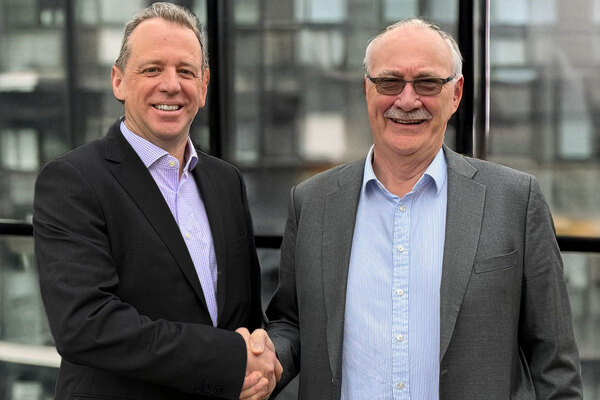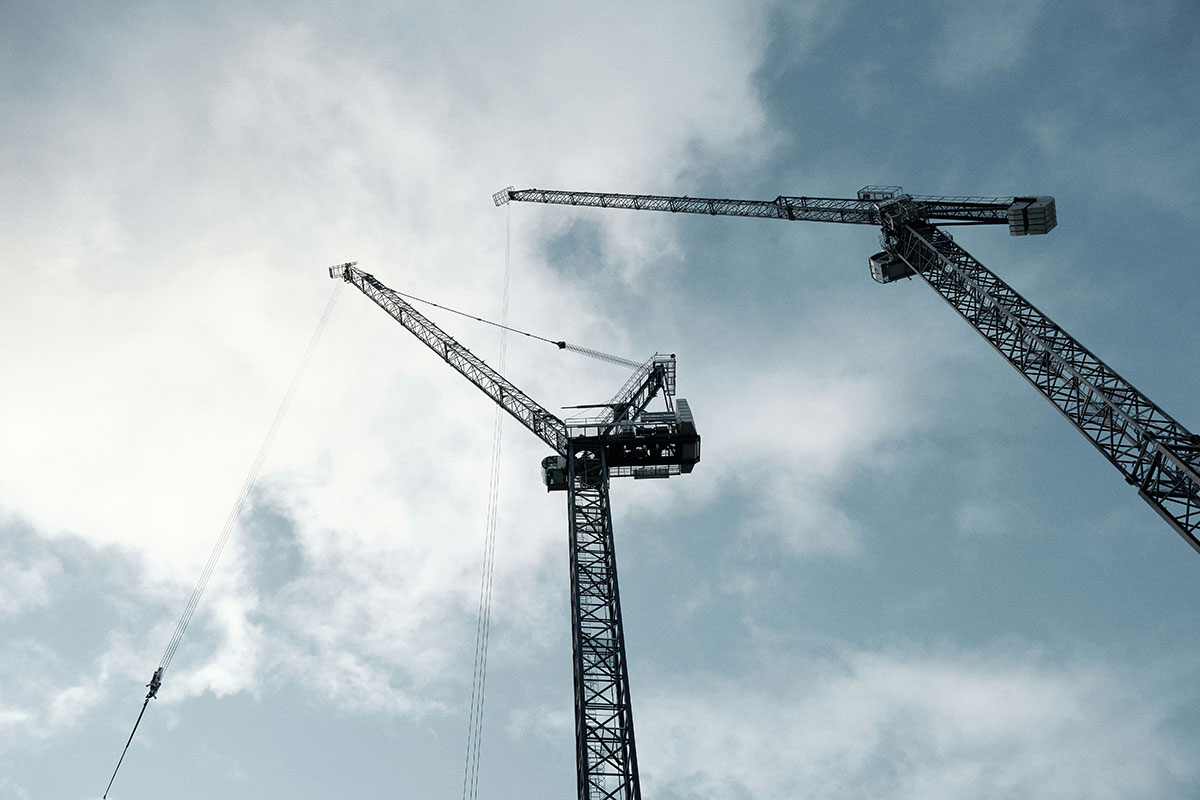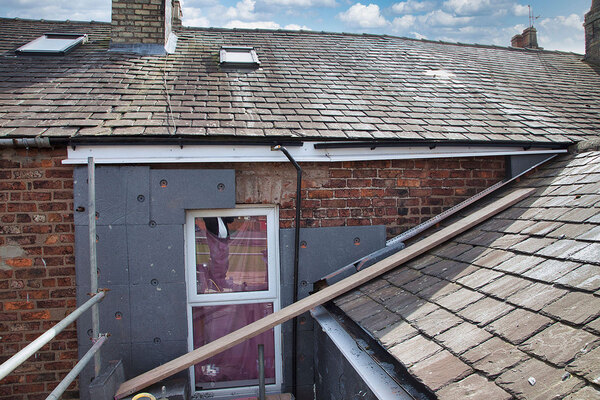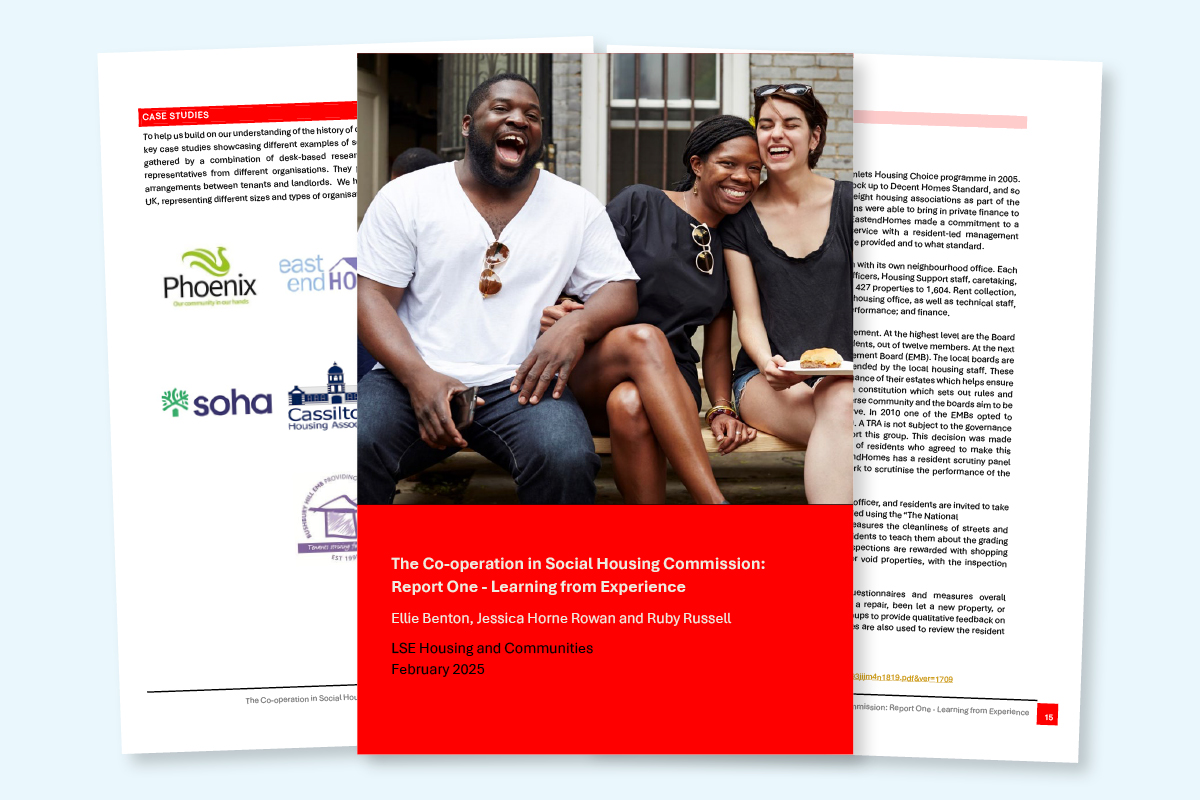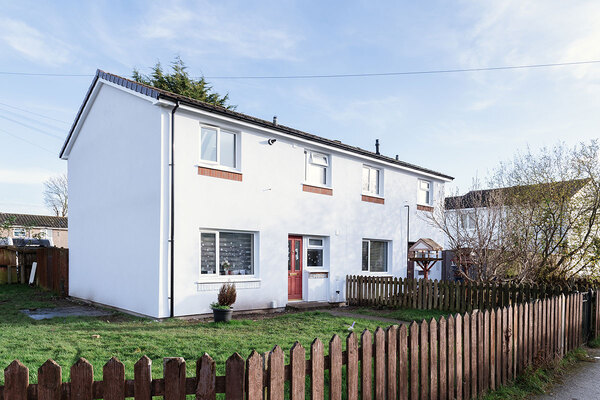RBKC to discuss wider Grenfell failures with bereaved, survivors and residents ahead of full inquiry response
The Royal Borough of Kensington and Chelsea (RBKC) has promised “open dialogue” around a series of broad failures of culture and management on its part, drawn from analysis of the recent Grenfell Tower Inquiry report.
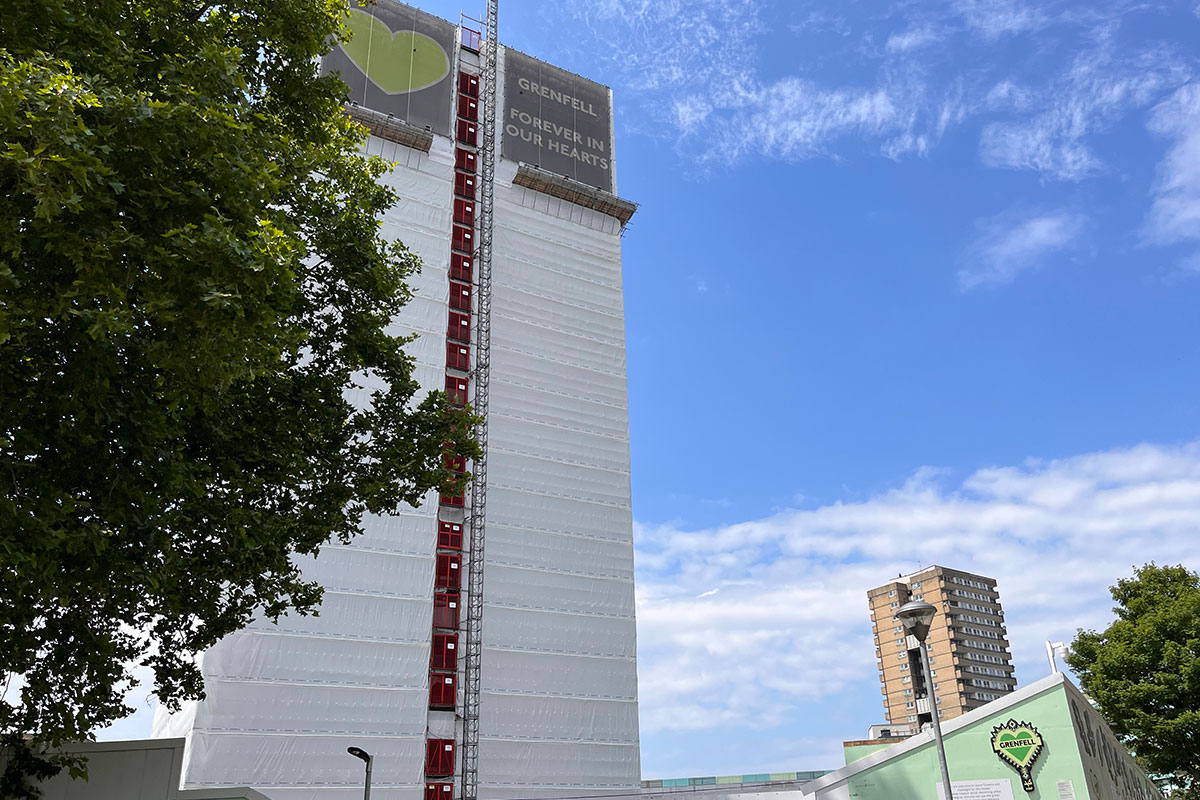
The issues were discussed at RBKC’s overview and scrutiny committee on 18 September, as the authority works on a full response to the findings of the inquiry, which it says must be a “vehicle for lasting change across the council”.
RBKC will now hold two public drop-in sessions with senior officers, the first of which was last night, and two facilitated discussions as part of this process. Its formal response is due in November.
The Grenfell Tower Inquiry’s final report, published earlier this month, heavily criticised the council for its weak oversight of Kensington and Chelsea Tenant Management Organisation (KCTMO), which managed its social housing stock.
It also slammed RBKC’s building control function for not adequately scrutinising designs or material choices for the Grenfell Tower refurbishment, and highlighted the authority’s “indecisive and piecemeal” response to the catastrophic 2017 fire that killed 72 residents of the block.
In the report to RBKC’s overview and scrutiny committee this week, officers drew on the inquiry’s specific findings to produce a list of broader themes that it said provide an “early assessment” of areas its management and culture must improve.
These include the “breakdown of relationships” between the council and communities it serves, poor decision-making, a lack of curiosity and scrutiny, ineffective management and “indifference towards and neglect of safety”.
The council’s report said the list is not exhaustive but should provide “initial suggestions for further discussion, debate and challenge” from elected members, bereaved and survivors, and residents.
“[The inquiry] holds the TMO and, by extension, RBKC responsible for a failure to listen to residents, to treat them with courtesy and respect and to address serious flaws in the relationship with residents,” the document said.
“An essential part of our response must therefore be to invite open dialogue about the report with our communities, embracing their challenge, scrutiny and ideas.”
At the scrutiny meeting, independent councillor Mona Ahmed, who represents the Notting Dale ward, which includes Grenfell Tower, said that people would want to see strong, transparent measures in place to ensure the council meets its eventual commitments.
“Because of where we’re at in terms of public trust in the council, I really think this can only come from external scrutiny now,” she said.
“For example, how do we measure improvements in levels of respect for human decency and dignity, which the council demonstrated a lack of when it came to certain communities?” Ms Ahmed added. “These things require robust, qualitative ways to ensure that commitments that are being made now, about listening to residents, are going to be met.”
Many of the inquiry’s harshest words around how residents were treated were reserved for the TMO, which it said “lost sight of the fact that [they] were people who depended on it for a safe and decent home”.
But, RBKC’s analysis said, “the [inquiry] report shows that the council bears some responsibility for the breakdown of the relationship between residents and the TMO… in particular, that the council failed to act on material presented to it, both by residents and elected representatives, about the state of the relationship”.
The council’s analysis acknowledged that the inquiry had attributed “direct responsibility” to both RBKC officers and elected members for these failings.
The inquiry found it “striking that senior officers of the TMO and RBKC appear to have been more interested in silencing [Judith Blakeman, former opposition councillor for Notting Dale] than in resolving residents’ grievances”, the report noted.
RBKC has revealed plans for four public events, with one drop-in on Thursday 19 September at Kensington Leisure Centre and another on Tuesday 24 September at Chelsea Theatre.
Two facilitated discussions will follow on Monday 7 October and Thursday 7 November, both at Morley College in North Kensington.
The Grenfell Inquiry final report is set to change how the social housing sector operates. Inside Housing has picked out some of the standout points from the guidance.
Sign up for our fire safety newsletter
Already have an account? Click here to manage your newsletters
